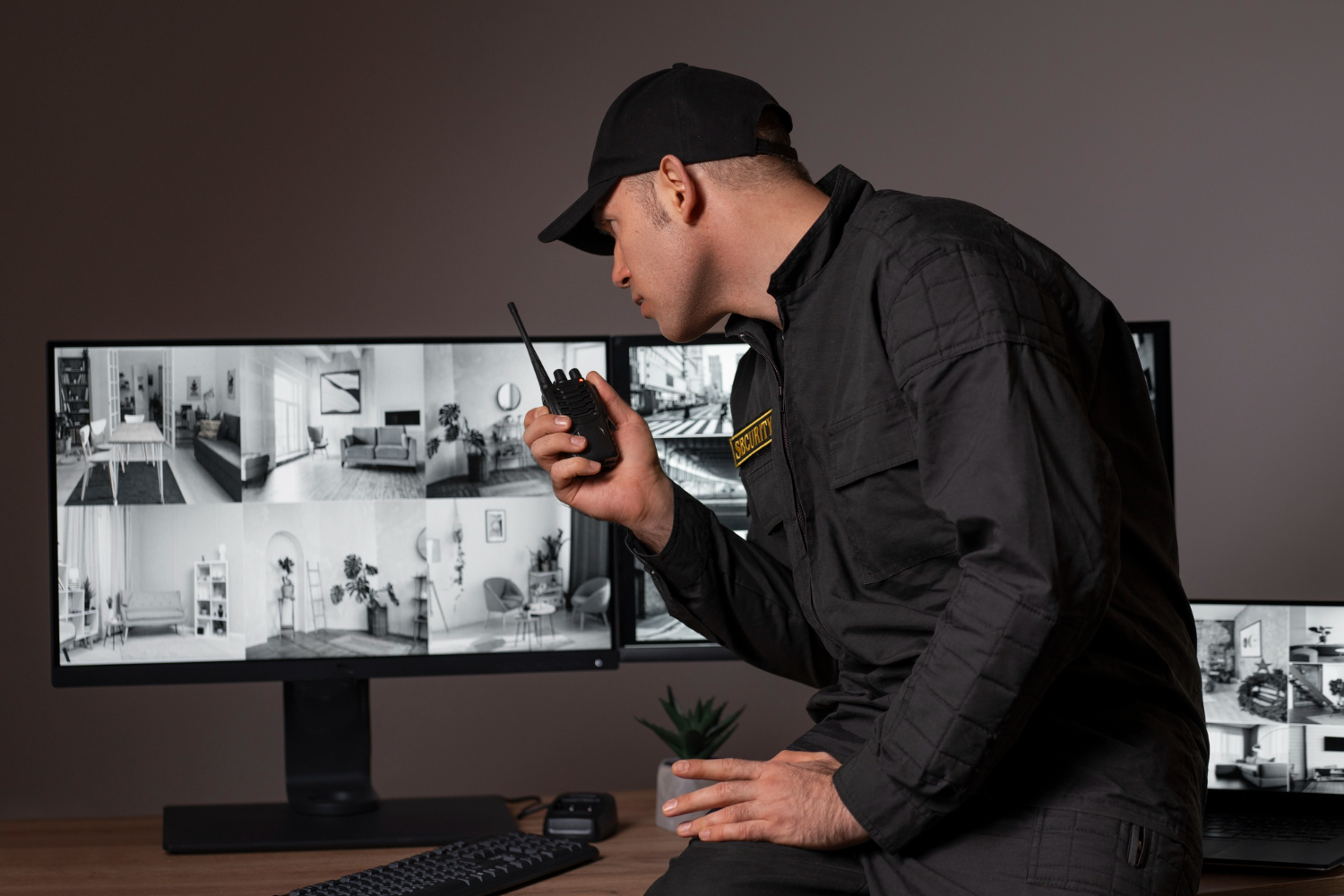When it comes to ensuring the safety of a large crowd, the work of security companies becomes challenging. It requires proper planning experienced staff members and the latest safety tools. There is a set process that these companies follow to ensure the safety of every attendee. Changes are made in this process based on the present event or scenario.
Preparation of security companies for large events
Risk Assessment is the foundation of security protocols.
Security companies begin their planning by completing a thorough risk assessment. This includes assessing the site, comprehending the purpose of the event, and identifying any risks. They build a bespoke security strategy that tackles unique risks associated with the event by analyzing potential security threats.
Personnel and Resource Allocation Must Be Strategic
Following the completion of the risk assessment, security companies strategically deploy their staff and resources. Trained security personnel are strategically placed throughout the stadium, focused not only on crowd control but also on spotting suspicious activity. To improve situational awareness, advanced surveillance systems such as CCTV cameras and facial recognition technologies are frequently combined.
Collaboration with Municipalities and Emergency Services
Collaboration is important to security companies. To establish clear lines of communication, they collaborate closely with local law enforcement authorities, emergency services, and event organizers. This collaboration enables a unified response in the case of an emergency and allows for rapid coordination across various agencies.
Putting Access Control Measures in Place
Controlling entry points is critical for managing huge crowds. Access control solutions are designed by security companies to prevent unauthorized individuals from entering restricted locations. RFID tags, biometric scanners, and computerized ticketing systems are examples of such technologies. Strict access control not only improves security but also aids in regulating attendance flow, eliminating congestion, and assuring orderly entry and leave.
Monitoring and adaptation continuously
Security companies maintain a constant state of monitoring throughout the event. Surveillance systems are constantly monitored, and security staff are on the lookout for any indications of unusual conduct. Furthermore, these specialists are taught to respond quickly to changing events. If there are any unexpected changes, security processes are modified in real time to efficiently manage developing threats.
Evaluation and Improvement Following the Event
Following the conclusion of the event, security companies undertake a thorough post-event evaluation. This evaluation includes examining the effectiveness of security measures, analyzing incident reports (if any), and soliciting input from both participants and personnel. Lessons learned from each event are used to strengthen security processes in future deployments, ensuring continual progress.
Security companies planning for large events and public gatherings is a complex process that necessitates precision, coordination, and agility. These experts play a critical part in creating a secure environment by taking a proactive and planned approach, allowing guests to focus on enjoying the event while staying assured of their safety.


